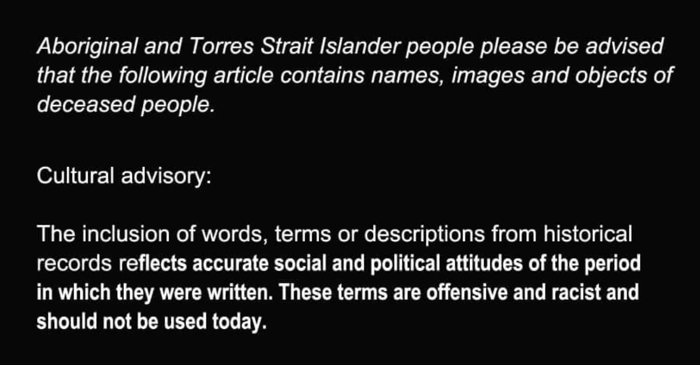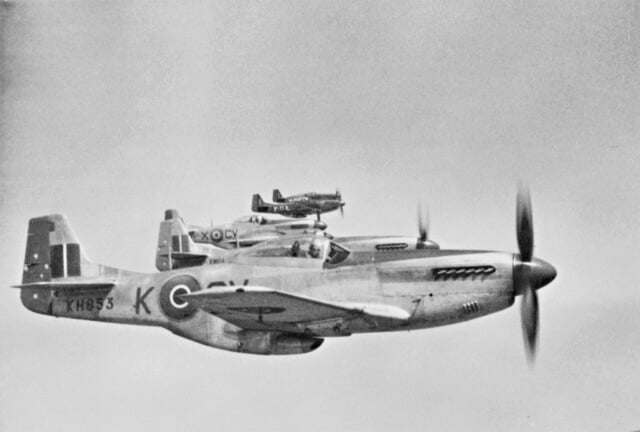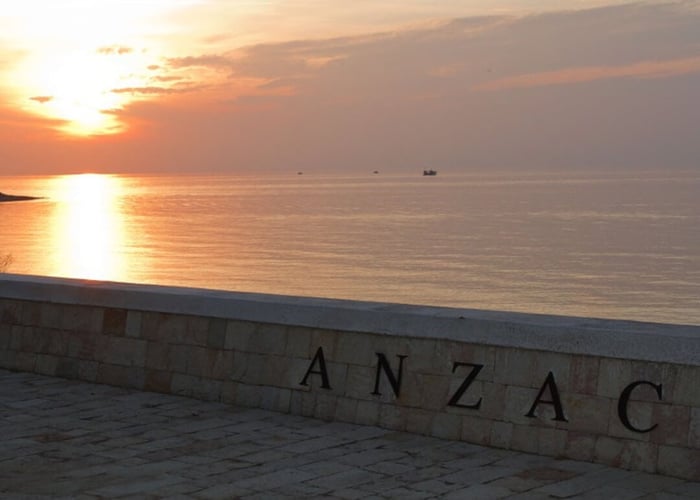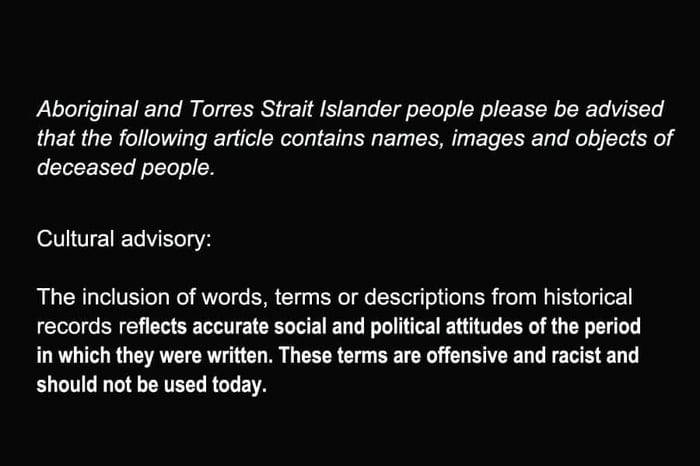
The Journey of Indigenous Australians in the Australian Military
Australia's First Nations people have a long and proud history of military service. Even before Federation of Australia in 1901, a small number of Aboriginal men served in the colonial military and naval forces. During the world wars, thousands of Indigenous Australians enlisted for service despite not being recognised as British subjects.
During the first World War, the Australian Imperial Force (AIF) represented the various ethnic groups in Australia, with over 420,000 individuals volunteering for service. Although discriminatory enlistment standards initially prevented Indigenous Australians from serving, many were eventually accepted into the AIF. The government relaxed enlistment requirements by passing legislation to allow enrolment from Indigenous Australians of mixed race, including half-castes whose examining medical officers confirmed that one of their parents was of European origin. This move made it easier for individuals from different cultural backgrounds to serve in the AIF.
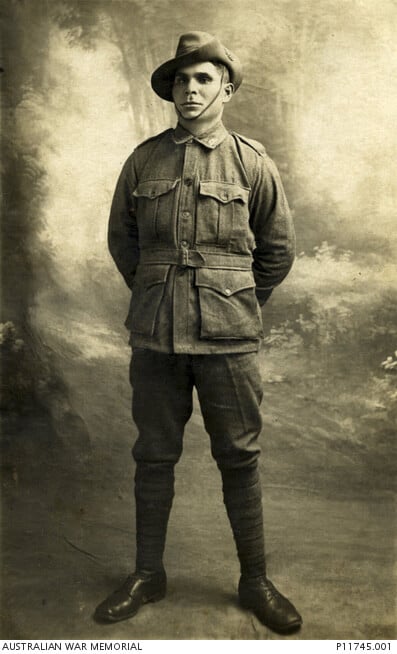
Enlisting in the AIF allowed some individuals, including Indigenous Australians such as Sapper John Fitzgerald shown here, to prove themselves equal to Europeans, earn extra money, travel overseas, and serve their country while also experiencing a degree of freedom from the discrimination they faced daily.
The precise number of Aboriginal and Torres Strait Islander individuals who have served in Australia's armed forces throughout history remains uncertain. This is largely due to the fact that countless individuals were coerced into concealing their heritage and cultural identity when enlisting. The Defence Act 1903, which excluded non-European individuals from military service, had a profound impact on Indigenous Australians seeking to serve in the First World War and subsequent military engagements. Nevertheless, historians are continually uncovering the identities of additional Indigenous service personnel through ongoing research.
The Way Forward
Roy Mundine, an Indigenous man from the Bunjalung tribe, discovered a unique sense of equality in the army. He completed two tours of Vietnam, serving as a section commander during his second tour. Mundine understood the gravity of his leadership responsibilities and believed that ensuring his men returned home safely was his duty. Mundine triggered a mine that resulted in the loss of his leg, and his men attempted to reach him. Still, he ordered them back to avoid any further casualties. After returning to Australia, Mundine underwent extended rehabilitation and served in the army until 1995. He remained deeply committed to helping veterans with their pension matters and attending the funerals of those who had passed away.
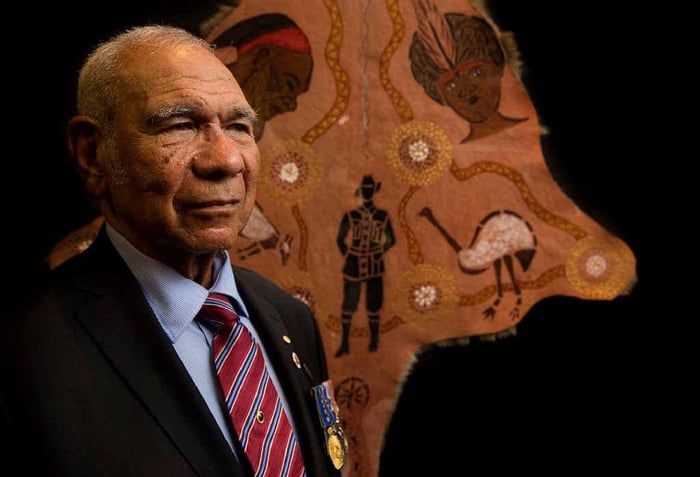
Uncle Roy ‘Zeke’ Mundine was appointed the Australian Army’s inaugural Indigenous Elder in April 2015. (Image: Department of Defence)
Recently, the Navy Indigenous Development Program (NIDP) has been established to provide cultural support and advice to recruits. Aunty Fran Visini and Uncle Phillip Bowie, former Aboriginal and Torres Strait Islander sailors, have been welcomed back onboard with appointments as the Navy's primary Indigenous Elders. They pioneer the role of providing cultural support and advice to recruits. Aunty Fran and Uncle Phillip have re-enlisted in the recently established general mariner reservist category, guiding staff while supporting the recruits culturally.
The Navy Indigenous Development Program (NIDP) is one of two pathway programs the Royal Australian Navy offer to young adults of Aboriginal and Torres Strait Islander descent. The program has proven a success over the years to assist Indigenous Australians in reaching the required standard to permanently enlist in the Australian Defence Force or go on to seek civilian careers
Honour Their Service
NAIDOC Week is a time to celebrate and acknowledge the history, culture and achievements of Aboriginal and Torres Strait Islander peoples.
Defence Elders hold a vital position within all branches of the military, actively contributing to the enrichment of cultural understanding and fostering strong connections between Defence Australia and Indigenous communities.
Elders share what it means to be an elder and what NAIDOC Week means to them (Source; RAN Page)
Aboriginal and Torres Strait Islander peoples have a long-standing tradition of fighting for Country, in all conflicts and operations in which the nation's military forces have been involved, and they continue to serve with great honour in the Australian Defence Force. The 'Serving Country for 60,000 Years' collection commemorates the story of Aboriginal and Torres Strait Islander peoples' service in the defence of Australia, dating back to before Federation to modern times.
















